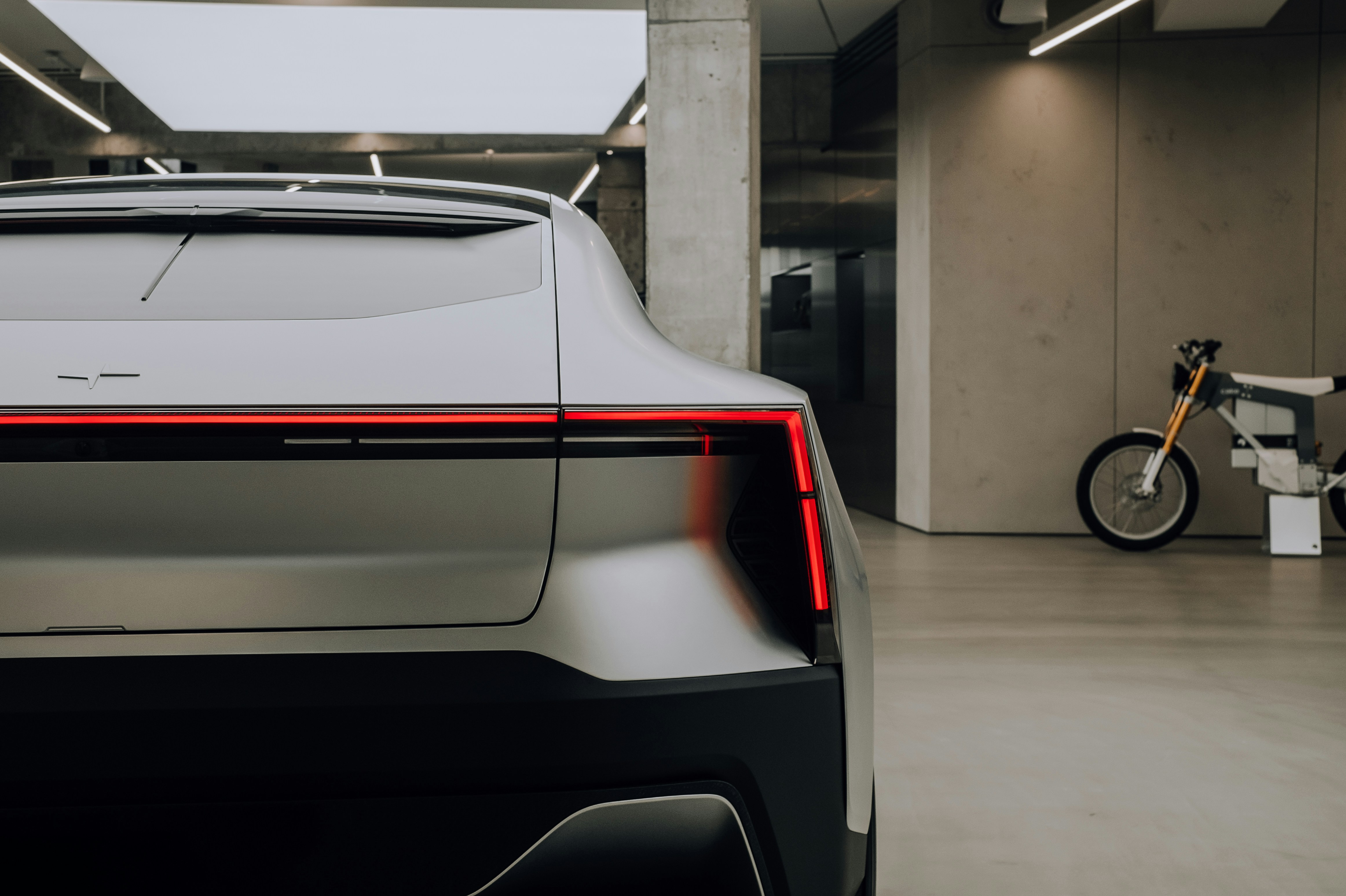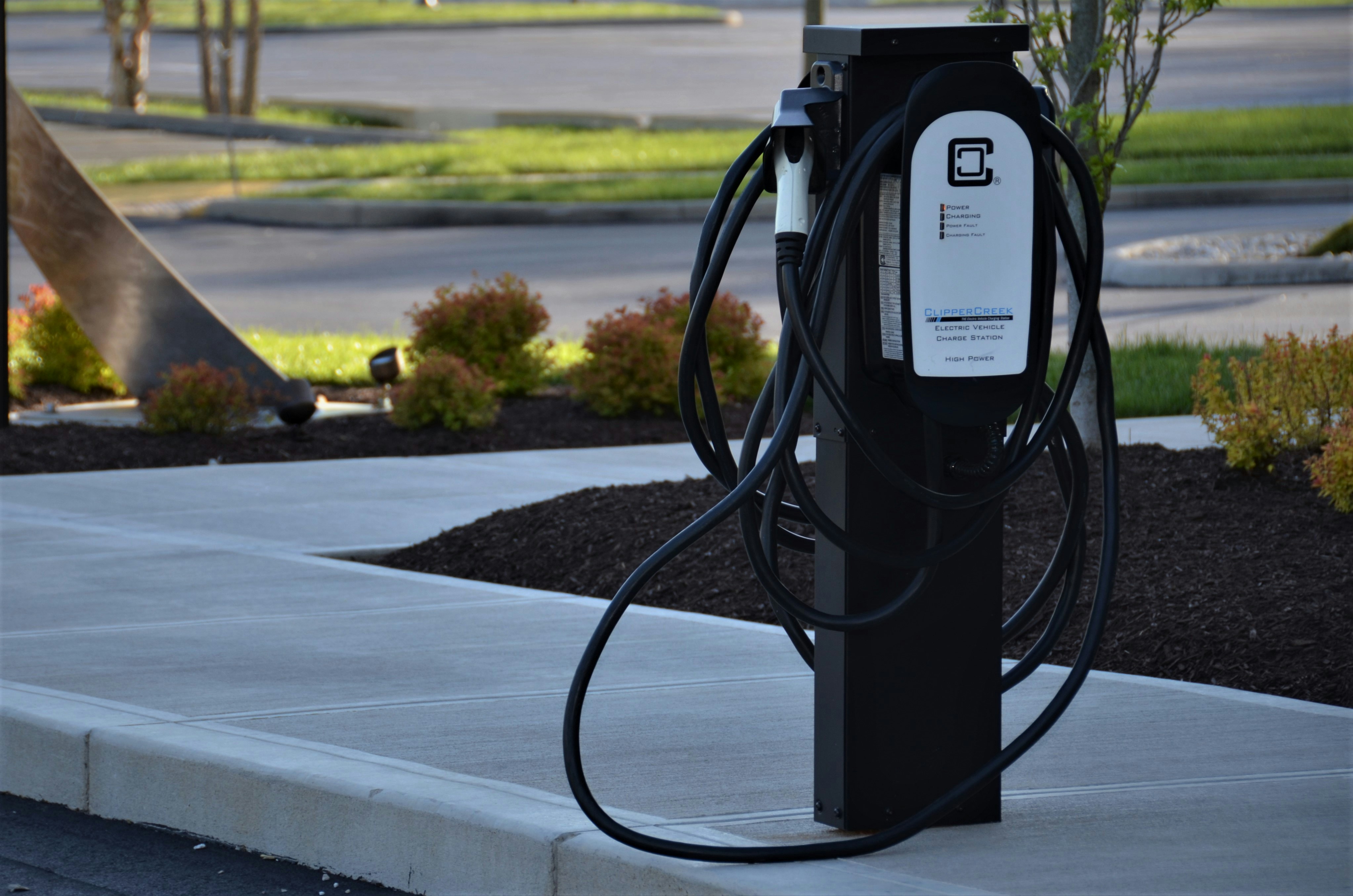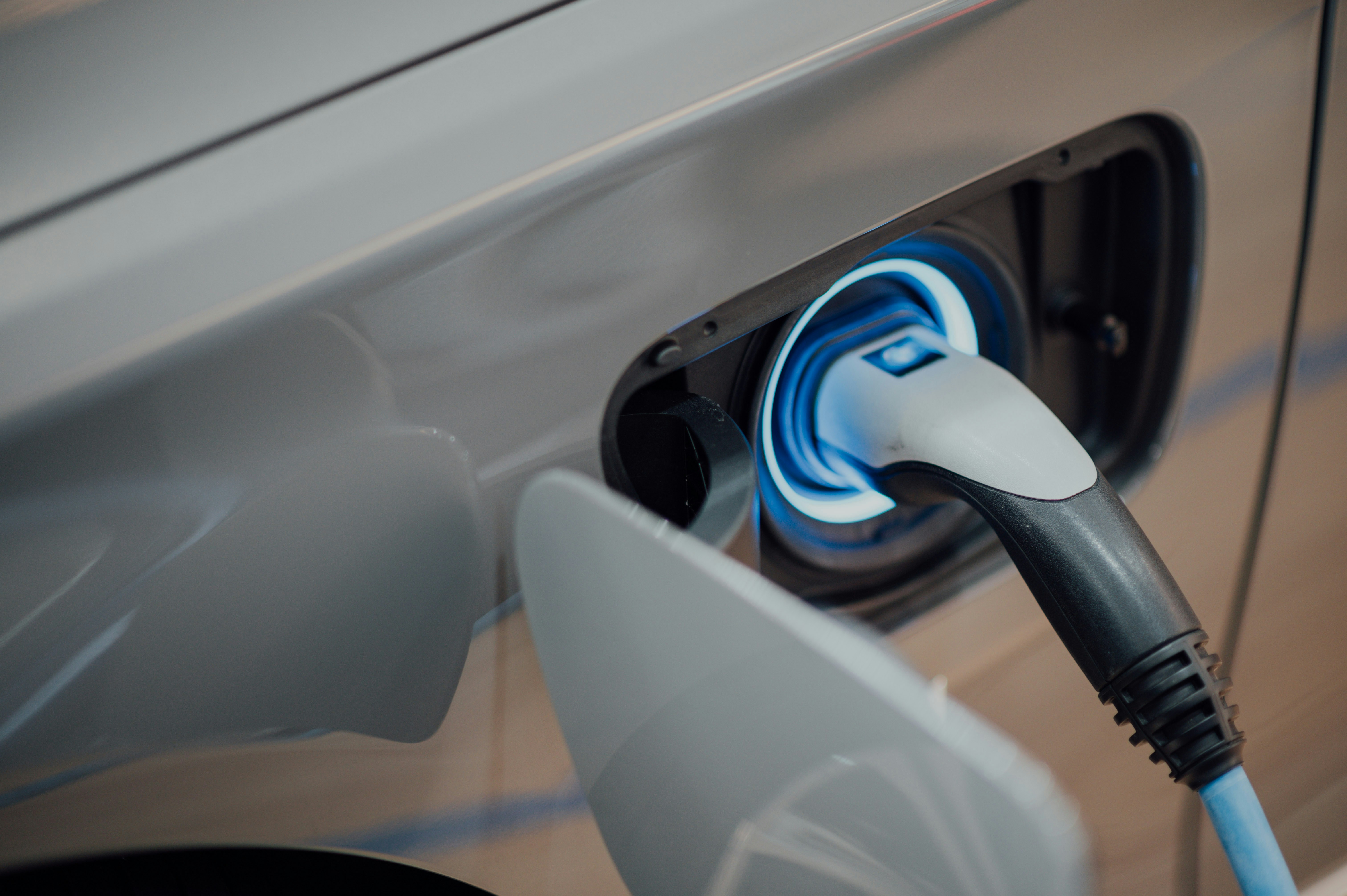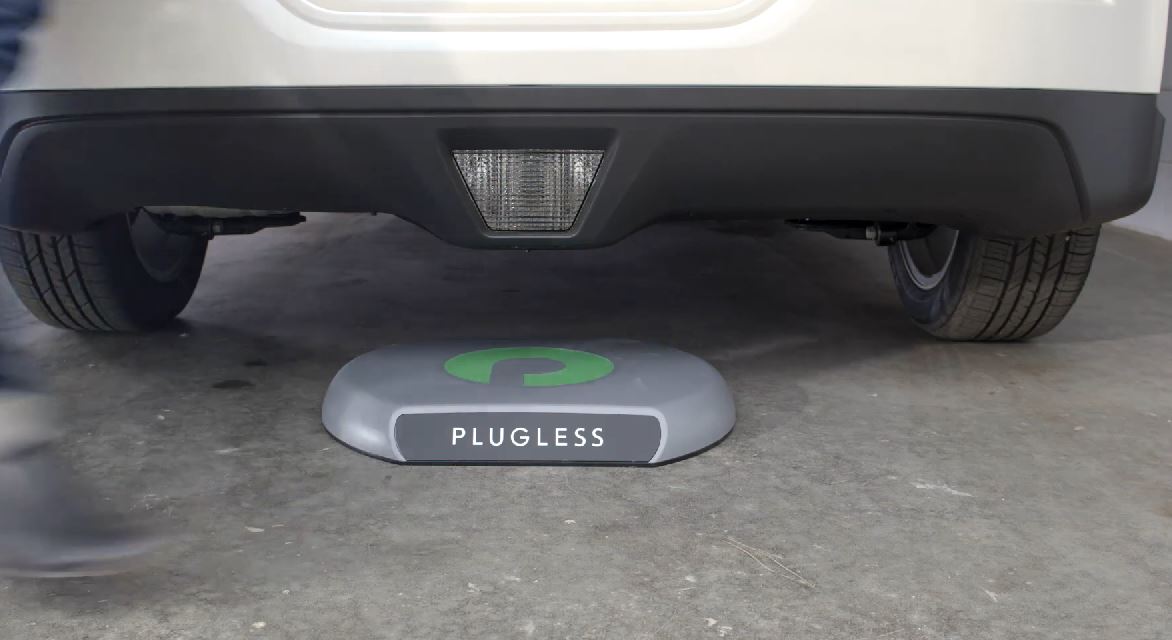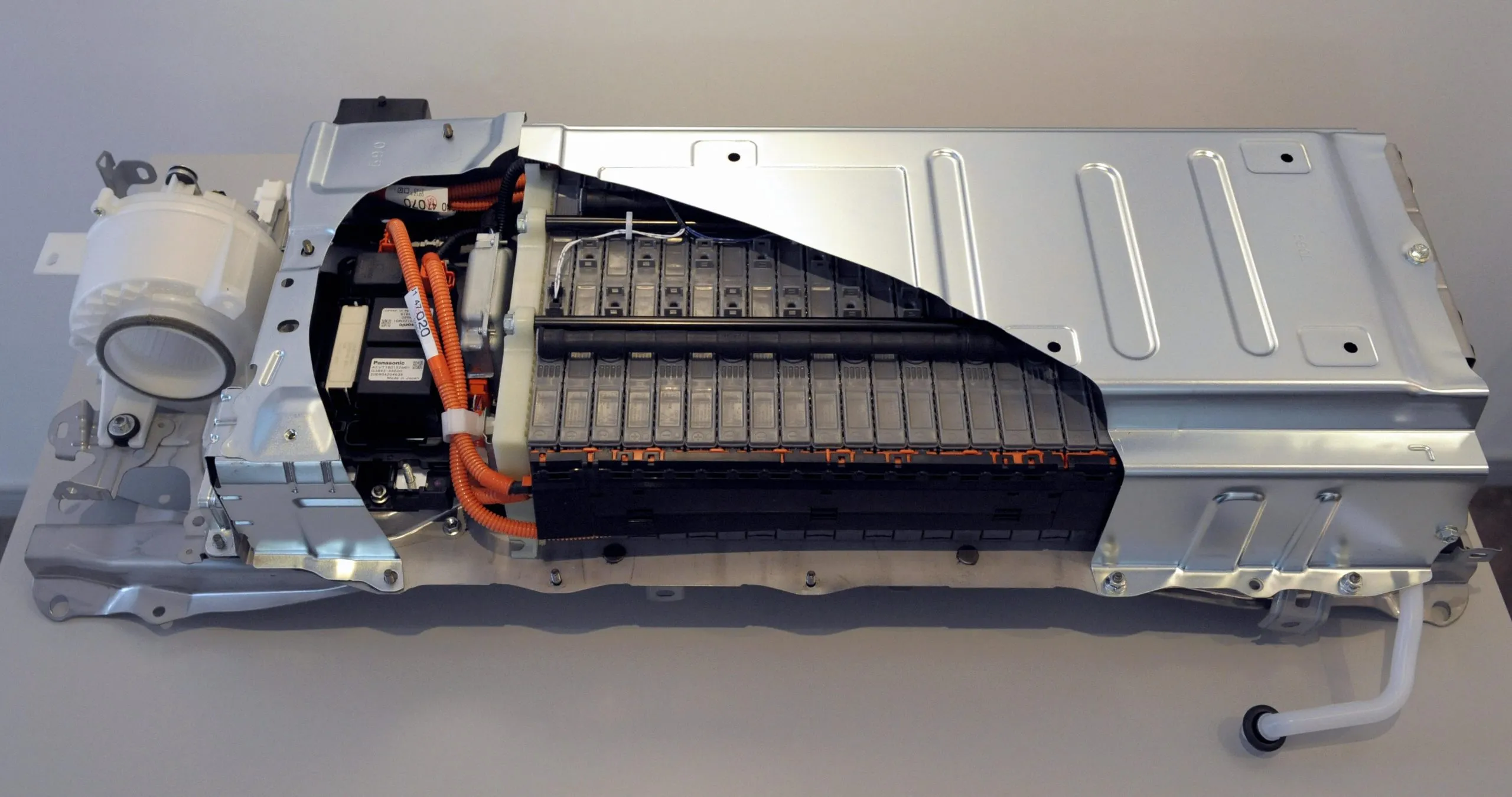The Future of
Electric Vehicles:
A Guide
Electric vehicles (EVs) are becoming more popular and affordable every year. They offer many benefits for the environment, the economy, and the drivers. But what does the future hold for EVs? How will they change the way we travel, work, and live? This guide will explore some of the trends, challenges, and opportunities that EVs will bring in the coming years.
READ ON TO FIND OUT!